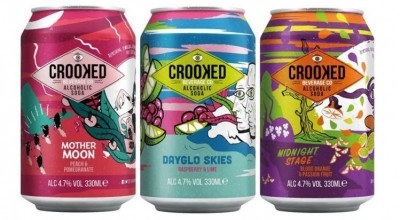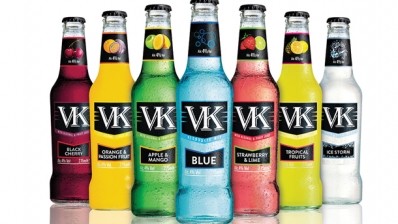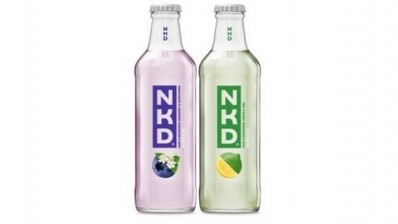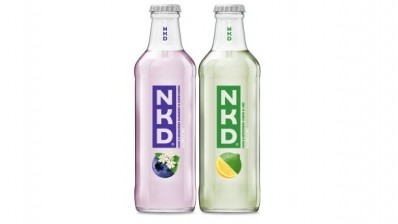Ready-to-drink: ready to develop?
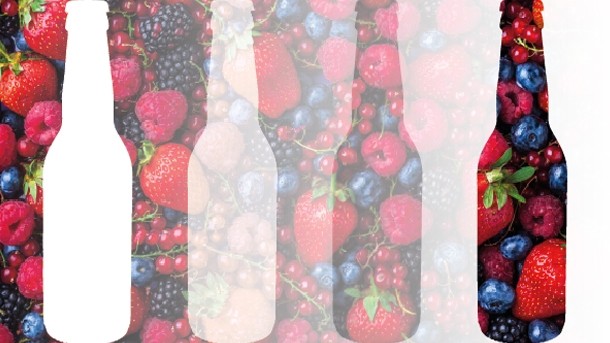
Hard lessons have been learnt in the ready-to-drink (RTD) category, which has suffered the results of dramatic changes in consumer drinking habits. The rise of discerning drinkers, who are seeking premium beverages with strong stories and images, has left RTDs with little room to manoeuvre. However, the category is starting to mobilise itself again and we are finally beginning to see a shift in the right direction.
However, this movement has just begun, and RTDs are still in decline, but at a slower rate than in recent years – from a 10.8% volume drop in 2016 to 9% in 2017.
CGA Strategy commercial director Graeme Loudon believes the current difficulties in the category are relevant to today’s marketplace.
He says: “The category continues to diversify with well-known brands introducing new variants to combat the competition from fruit ciders in the fridge.”
Loudon adds there needs to be a move towards more sophisticated RTD cocktails with natural ingredients and more premium packaging to bring the category up to date.
Global Brands is one producer that is moving with the times and adapting to the promiscuous consumers’ needs.
Head of marketing Jennifer Draper says: “When you think of RTDs, you may think of traditional alcopops that adorn late-night student venues; but nowadays there’s more to RTDs than meets the eye.
“Over the years, they have evolved from students’ favourite to a host of innovative products that pack a punch.
“Of course, there has always been a market for traditional RTDs. Global Brands’ flagship RTD, VK, is the best-performing ‘traditional’ RTD in the on-trade, growing by 7% in volume.
“With competition high in the on-trade, it’s important that pubs and bars invest in products that sell.”
Festival drink of choice
But it isn’t just VK that Global Brands is redeveloping. Hooch was reintroduced to the UK in July 2012 to “reclaim its crown as leader of the drinks world”.
Draper adds: “Hooch, which has a large underground following, has reinvented itself. Rapidly becoming the festival drink of choice, it is no longer just an alcopop from the 1990s, it is now one of the most popular RTDs among 18 to 22-year-olds, as well as the 23-29 age group.
“We understand that our on-trade customers need to serve drinks quickly – especially in busy, late-night venues where serve time needs to be kept to a minimum – and RTDs are the best way of cutting down on serve time in a whole host of venues.”
Though serving drinkers quickly is crucial in many pubs on a busy night, the RTD category is primarily driven by innovation as its main consumers, 18 to 24-year-olds, are naturally attracted to the latest trends and fashions, meaning it is constantly evolving, according to WKD owner SHS Drinks.
Head of brand marketing for alcohol Amanda Grabham says: “The RTD category generates more than £206m worth of sales a year for pubs and bars, and it is a category that is constantly changing, with new waves of product development emerging.
“This makes it vitally important for licensees to keep abreast of which types of RTDs and which brands are continuing to deliver if they want to maximise their RTD sales.”
However, the great British weather also plays a part in RTD sales and licensees need to play to this if they are to maximise their sales, says Hi-Spirits.
Managing director Dan Bolton explains: “RTDs are a very occasion-driven purchases – warm weather, live music and outdoor events, and the party season will all drive sales – so operators should be ready with well-displayed stock when sales are likely to be high.
“Cocktails served with food are becoming more mainstream, which is very much a trend from the US casual-dining sector that is catching on here.
“Figures from CGA show the UK lags behind the US in this area. In the UK, on-trade customers drink cocktails on 34% of food-led occasions, compared with almost half (49%) in the US.
“This offers some interesting headroom for brands that can align with popular food trends, and we have been actively promoting the Southern Comfort Lemonade & Lime cocktail as a match with fried chicken.”
Cans replacing bottles
But Hi-Spirits isn’t the only supplier considering the cocktail market when it comes to the RTD category.
Global Brands’ Draper says: “With cocktails being ever more popular, speed is something that has slowed down for bartenders.
“As a result, Global Brands created London Road hand-crafted cocktails, which are served in jars. Categorised as RTS (ready to serve) primarily, they demand minimal effort while simplifying the process of serving consistent high-quality cocktails every time.”
Global Brands has also shaken up the RTD category with its Crooked Beverage Co range of alcoholic craft sodas, targeted at a slightly older age group than traditional RTD drinkers.
Draper adds: “Traditionally, most RTDs are sold in bottles, but [of late] cans have become one of the most popular formats in recent years [due to the rise of craft beer]. A large player in convenience, they have increased in both volume (21%) and value (16%) in multiple retailers, but are also becoming commonplace in the on-trade too.
“Keeping abreast of trends, we developed the Crooked Beverage Co to plug the gap between more traditional RTDs in cans that appeal to 18 to 24-year-old drinkers, and older drinkers who crave something more refined.
“Targeted at 20 to 30-year-olds, the alcoholic sodas are available in three fruity flavours – Midnight Stage (blood orange and passion fruit), Dayglo Skies (raspberry and lime), and Mother Moon (peach and pomegranate).
“As a response to consumer needs, Crooked has been created using common elements of a traditional RTD, such as the quick-serve aspect, fruit flavours, and carbonation.
“Yet the sodas have been further developed to offer a complex taste to drive added value and premiumise the RTD category.”
Wider choice now available
Therefore, innovation, listening to consumers and a slight alteration to its audience could help cure the slow decline of the RTD category.
George Nightingale, owner of Spoken bar in Exmouth, Devon, only sells a limited selection of RTDs because his customers’ tastes have changed.
He says: “A few people drink Hooch but I have de-listed WKD because it doesn’t sell very well here.
“Five or so years ago, WKD was what everyone was drinking, but tastes have overtaken it, people have moved on.
“The youth are a lot more informed about certain drinks, rather than RTDs and there is so much choice out there now. People generally are more informed.”
Nightingale adds that, due to a wider selection being available to consumers, RTDs have now, for the most part, been pushed out of the marketplace in his venue.
“The range of drinks out there such as soft drinks, lagers, tonics and wine, wasn’t there eight years ago so RTDs made the choice in venues very easy, but now there is a better range than ever before,” he says.
“RTDs just sit in the noise of choice that is out there. Youngsters are moving on to wines and gins in the space of RTDs.”
